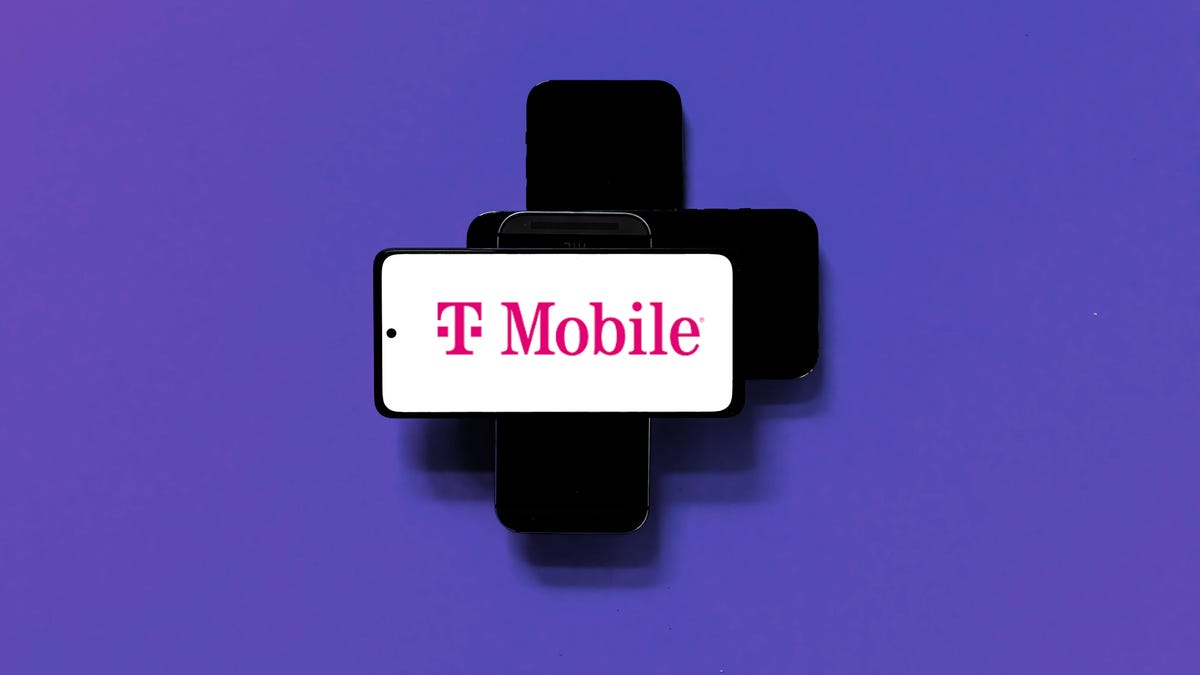T-Mobile caused a bit of a stir earlier this month when a leak revealed it planned to move people from older, cheaper plans to pricier ones starting with their November bill cycle. On Wednesday, the carrier officially walked back the changes with CEO Mike Sievert confirming that they would not happen.
“We tend to do tests and pilots of things quite a bit to try to figure out what’s the right answer,” Sievert said on a company earnings call, in response to a question about industry pricing and how it could raise its average revenues per user, a key industry metric. “In this case, we had a test sell to try to understand customer interest in, and acceptance of, migrating off old legacy rate plans to something that’s higher value, for them and for us.”
Sievert noted that the company was doing training around this test and said it wasn’t planned to be a “broad, national thing.” In its statement confirming the leak, the company told CNET earlier this month that the notices it was sending out was going to “a small number” of its users, but the carrier never clarified what a “small number” actually meant and didn’t respond to that question when asked.
At the time, the carrier said that the switch would generally see customers pay “an increase of approximately $10 per line” per month.
Read more: Best unlimited data plans
With the “plenty of feedback” the company received following the leak, Sievert said that T-Mobile has learned that this “particular test sell isn’t something that our customers are going to love.” He mentioned that no migrations of plans have actually rolled out.
As for what will happen going forward, the carrier will continue to do tests and pilots for different changes, Mike Katz, T-Mobile’s president of marketing, strategy and products, said on the call.
“I would expect to see more of those kinds of tests from us because it’s been a consistent practice throughout the entire ‘un-carrier’ journey so that we get it right for the experience for our customers,” Katz said.
“We remain very interested in rationalizing our legacy rate plans,” added Sievert. “So we’re going to stay at it,” reiterating that getting users to switch plans will “probably” require the carrier to “do something different” than this test indicated.
